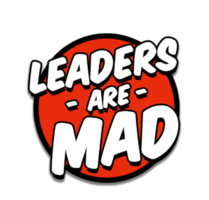Team effectiveness questionnaire
This questionnaire will help you to consider the extent to which the team in question is ready for team coaching, how effective your team is and therefore the extent to which there is value in team coaching and finally the business case for team coaching. I hope you find this reflection helpful.
I recommend you print your responses before you save the worksheet. Use the printer icon at the top right of the page.
Signing up to this questionnaire gives you an account with me which allows you to access your responses at any time by logging into you account Your account login details will be sent to you by email, unless you already have an account with me from a previous questionnaire or product sale.
Any problems just email me on claire@leadersaremad.co.uk or call me on 07703797614.

